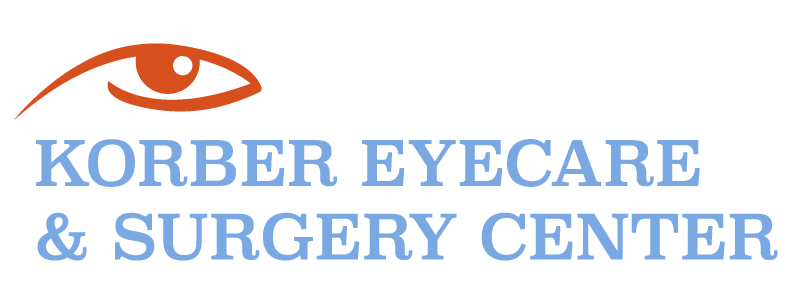Contact Lenses – What Are the Different Types
It may seem like contact lenses are much simpler compared to all the different styles and lens types for glasses.
There are many types of contact lenses, that vary in shape, durability, and material. To find the right lenses for you, we take all of these variables into account as a part of affordable eye care in OKC.
Hard Contact Lenses
A rigid gas-permeable (RGP) lens is the most common type of hard lens. Usually, these lenses are made of plastic in combination with other materials. They hold their form firmly but allow oxygen to flow to your eye through the lens.
For people with astigmatism and a condition called keratoconus, RGP lenses are particularly helpful. This is because when the cornea is unevenly curved, it provides sharper vision than soft lenses. People with allergies for protein deposits may also prefer RGP lenses.
Soft Contact Lenses
Many people use soft contact lenses. This is because they are more comfortable, and many options are available. Some soft lenses are listed here.
Daily wear contacts - When you're awake, you wear them and take them out and toss them before you sleep. Many are readily available, which means that every day you wear a new pair of contacts. Alternatively, you might choose contacts which last for longer to replace once a week, every two weeks, or every month. If you use them occasionally, some ophthalmologists recommend that you wear contacts that are single-use.
Extended wear contacts - You can wear them while sleeping, but they have to be taken away at least once a week for cleaning. Fewer eye doctors recommend these contacts as they are likely to become irritating if not removed daily.
Toric contacts - They can correct vision, like hard lenses, for those with astigmatism. For daily or extended wear, Toric lenses may be possible. However, they often cost more than other types of soft lenses.
Colored (tinted) contacts - Contact lenses for vision correction can be tinted to alter the eye color. You can use them every day, and get them as long wear and as toric lenses.
Decorative (cosmetic) contacts - These lenses change your eye's look, but do not necessarily correct your vision. They include colorful contacts and lenses that make your eyes like a vampire, animal or other. Although the vision is not corrected, you still need a decorative contact prescription. These lenses must be treated as prescription contacts in order to avoid dangerous eye infections. This means regularly and thoroughly cleaning them according to directions.
Toric Vs. Spherical Lenses
Depending on the type of correction your vision needs, lenses are differently shaped. Sphere contacts are shaped to treat myopia, hyperopia, and presbyopia, but they are not able to correct astigmatism. Toric lenses are available as affordable eye care in OKC for astigmatism. These are lenses that correct the shape in the cornea and are maintained by the gravity and the blinking in the correct position.
Daily Vs. Extended Wear Lenses
Most lenses can only be worn during the day, and you need to take them out again at night for eye health. Some of them are supposed to be thrown away after one day, and some are supposed to last several weeks. It is not good to try and save money with contact lenses by using them longer than the packaging and optometrists recommend because they can be contaminated over time and therefore threaten your eyes with infection.
Extended wear contacts are designed specifically for the convenience and permeability of gas so that they can wear safe for the night. While extended wear contacts are safer than before, and new technology and materials have made them safe; even FDA-approved lenses still pose a risk of infection or other problems leaving in contacts for days or even weeks.
Soft Versus Hard Lenses
Unusually thick and glass were the earliest contact lenses. Fortunately, now we have silicone hydrogels (soft), and plastic (hard) are the most common lens materials. Both permit oxygen to nourish the cornea, but each of these has different benefits. Soft lenses are easier to put in and clean, covers less of the eye and lasts a relatively long time, while hard lenses correct more visual problems.
For affordable eye care in OKC, visit the Korber Eye care and surgery center.
**Disclaimer: The above post should not substitute medical advice nor does it create a patient-doctor relationship.

